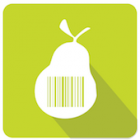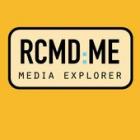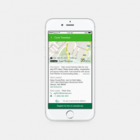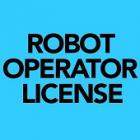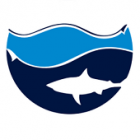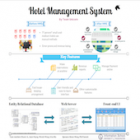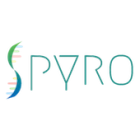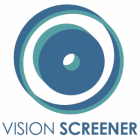
One Photo to Save A Child’s Sight: Vision Screener
In their early years, children are susceptible to vision-impairing diseases such as lazy eye, astigmatism, strabismus, and even cancer. Although these diseases can almost always be successfully treated if caught early, they often have no obvious signs. While examination by an ophthalmologist or optometrist will detect these conditions, only a small number of parents take their children for such an examination. Vision Screener iOS aims to provide parents with an iOS application to take a more proactive approach in monitoring their child’s eye health and find local specialists. By snapping one picture, parents can easily conduct at home photoscreening to check their child’s risk for these diseases. With our app, more children will be able to get needed vision care sooner and be able to see the world as they deserve.


